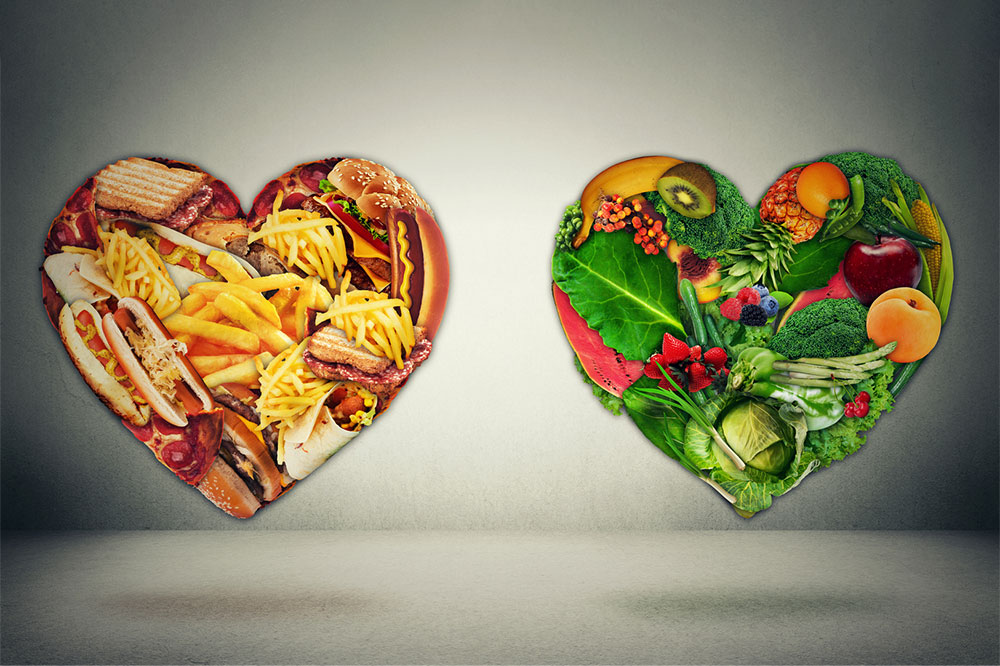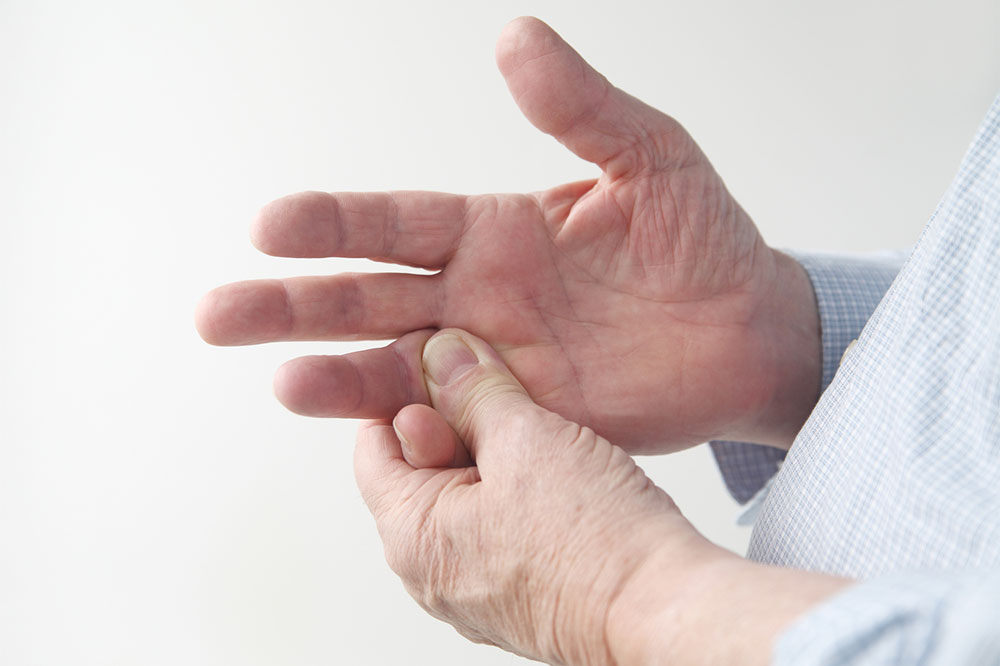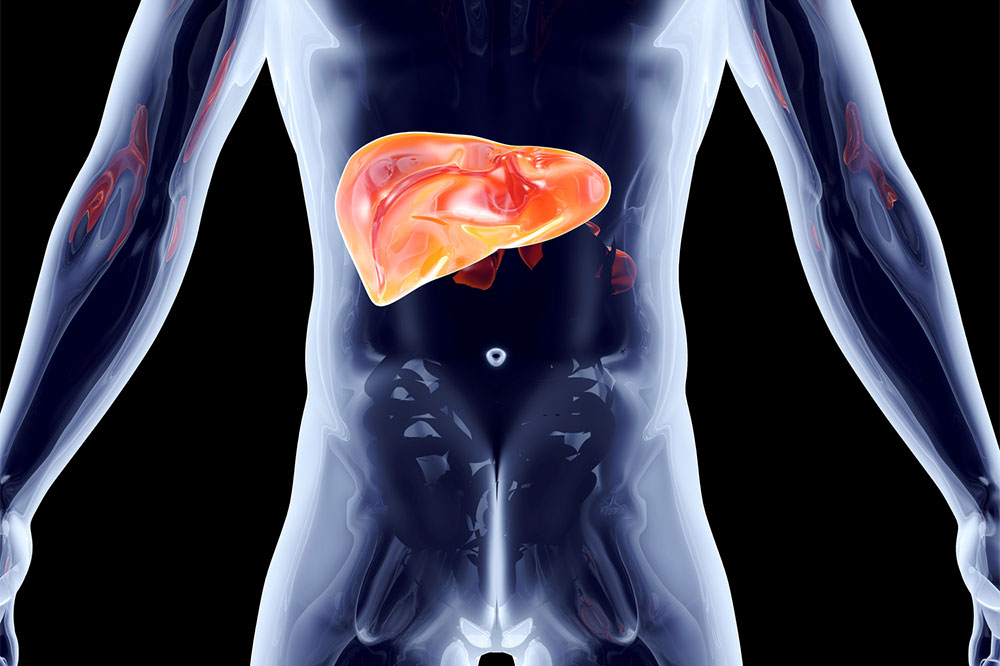The GOLO diet – Pros, cons, and much more

The GOLO diet, also known as the GOLO Metabolic Plan, was introduced in 2009. The company claims that many people struggle with mass loss due to a particular metabolic hormone called insulin. Such a meal plan has the potential to help its followers regulate insulin and lose body mass by using the program’s regime and daily supplements. Here, we discuss the essential aspects of this meal plan one should know before giving it a try.
How the plan works
According to Jennifer Brooks, a nutritionist, president, and co-founder of GOLO, the diet combines various proteins, carbohydrates, fats, and vegetables. A supplement known as Release is also part of the package. It contains plant-based ingredients and minerals like magnesium, zinc, and chromium. The product claims to help with healthy mass loss by improving metabolism, increasing energy, and balancing insulin levels.
Cost
The basic version of this nutritional regime is free for reference, but the founding company charges for the Release supplement capsules and a detailed version of the plan. Those following this program are advised to take one Release with each meal, and a bottle of 90 costs around $50 and lasts around four weeks.
Foods to eat
The GOLO diet suggests having three meals with 1300 to 1800 calories daily. The release supplement is to be taken before or after each meal, ideally with a glass of water. Some food items are potatoes, winter squash, fresh fruits, nuts like almonds and cashews, brown rice, broccoli, kale, and other similar products.
Foods to avoid
The foods to avoid include those leading to inflammation and poor health. A vital reason for avoiding these foods is that sugary, processed, and fried foods cause insulin imbalances, which this plan aims to improve. A few prime examples include baked goods, refined products, sugary items, and processed meats.
Pros and cons
Such a regime is less expensive than others, focusing on eating regular, healthy foods without restrictions. It offers a 30-day guarantee; if the buyer is unhappy with the result, the company promises to refund their money. The program’s critical goal is to improve metabolic balance through healthy portion control, resulting in better health.
Of course, there are a few hurdles in this path. A primary drawback of the GOLO diet is the lack of proof to back up its claims. Research is self-funded, so the results are unverified. Moreover, having supplements without proven advantages is not suitable for one’s health. Such a nutritional regime isn’t free: other plans can be followed with self-research, but this one requires a specific supplement to work and provide results.
Reviews
The regime is a straightforward, portion-controlled procedure focusing on readily available, natural foods. Following such a plan will result in body mass loss, which is not a breakthrough discovery. However, experts believe insufficient evidence supports claims that supplements can help one achieve their body goals. Like any meal plan, one should consult a doctor to see if the GOLO diet aligns with their fitness and health objectives before continuing.






